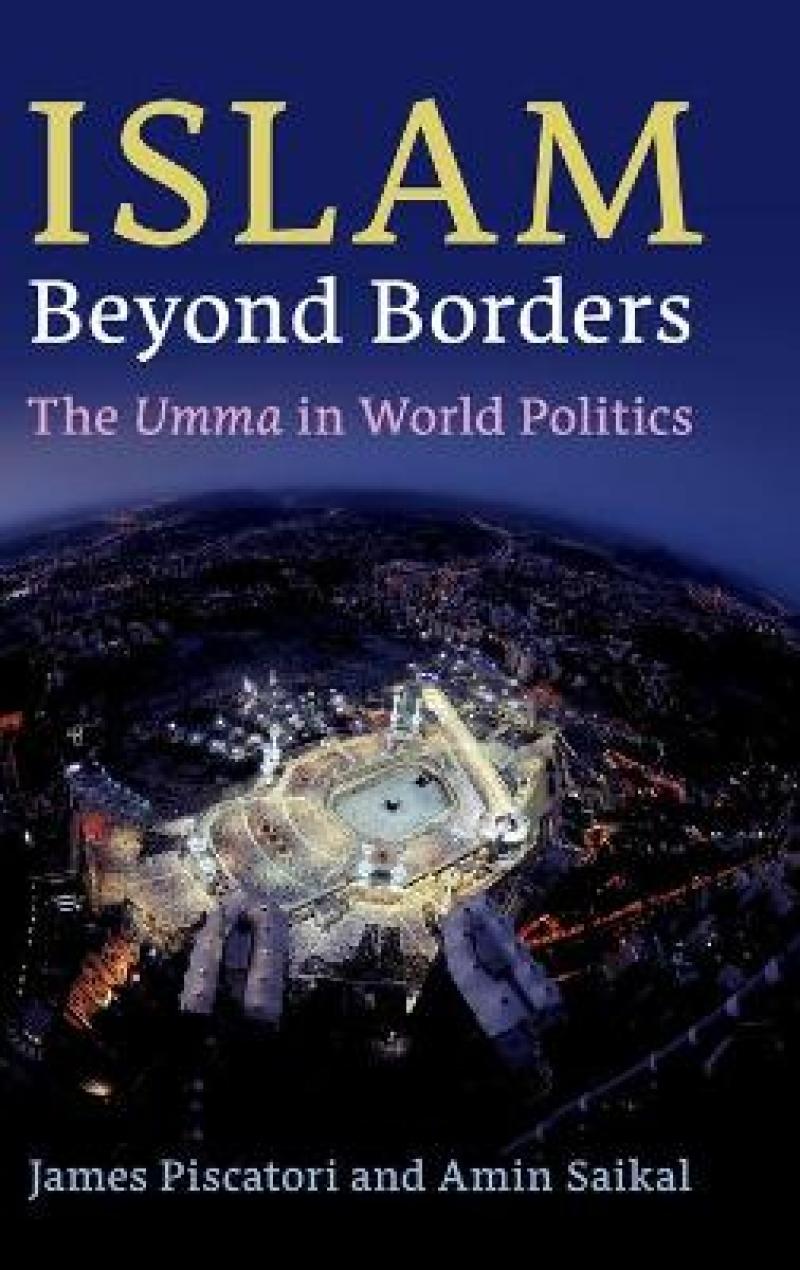Assuming a central place in Muslim life, the Qur'an speaks of one community of the faith, the umma. This unity of the faithful is recognised as the default aspiration of the believer, and in the modern era, intellectuals and political leaders have often vied both to define, and to lead it. Based on case studies of actors such as Saudi Arabia, Iran, and ISIS, James Piscatori and Amin Saikal consider how some appeals to pan-Islam prove useful, yet other attempts at cross-border institutionalisation including the Sunni Caliphate or the modern Shi'i-inspired Islamic Revolution, founder on political self-interest and sectarian affiliations. Accompanied by a range of scriptural references to examine different interpretations of the umma, Piscatori and Saikal explore why, despite it meaning such widely different things, and its failure to be realised as a concrete project, neither the umma's popular symbolic appeal nor its influence on a politics of identity has diminished.
Les mer
1. Introduction; 2. Sunni constructions of the Umma; 3. Shi'a Islam and the Umma; 4. Saudi 'guardianship' of the Umma; 5. ISIS's conception of the Umma; 6. Conclusion.
'… this is a very timely, informative, and insightful book.' A. T. Kuru, Choice
Revealing how the one community of the faith in the Qur'an, the umma, affects competing politics of identity in the Muslim world.
Produktdetaljer
ISBN
9781108481250
Publisert
2019-09-19
Utgiver
Vendor
Cambridge University Press
Vekt
450 gr
Høyde
235 mm
Bredde
156 mm
Dybde
17 mm
Aldersnivå
U, G, 05, 01
Språk
Product language
Engelsk
Format
Product format
Innbundet
Antall sider
224
